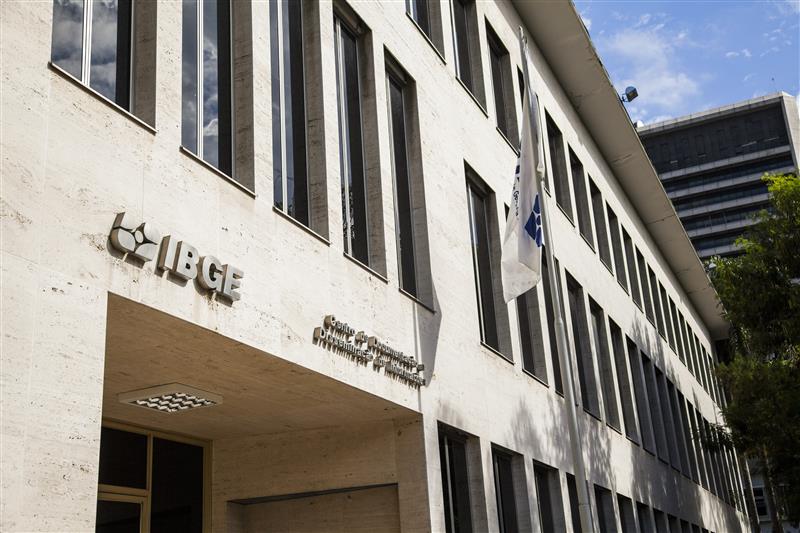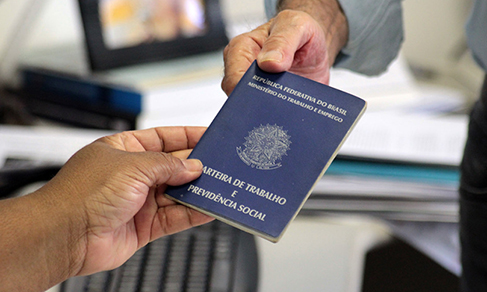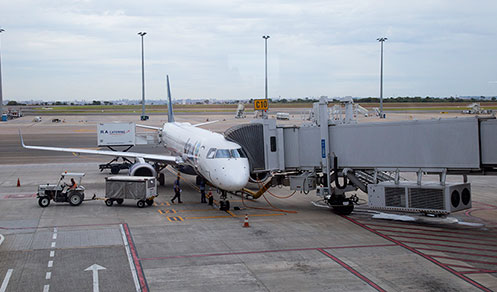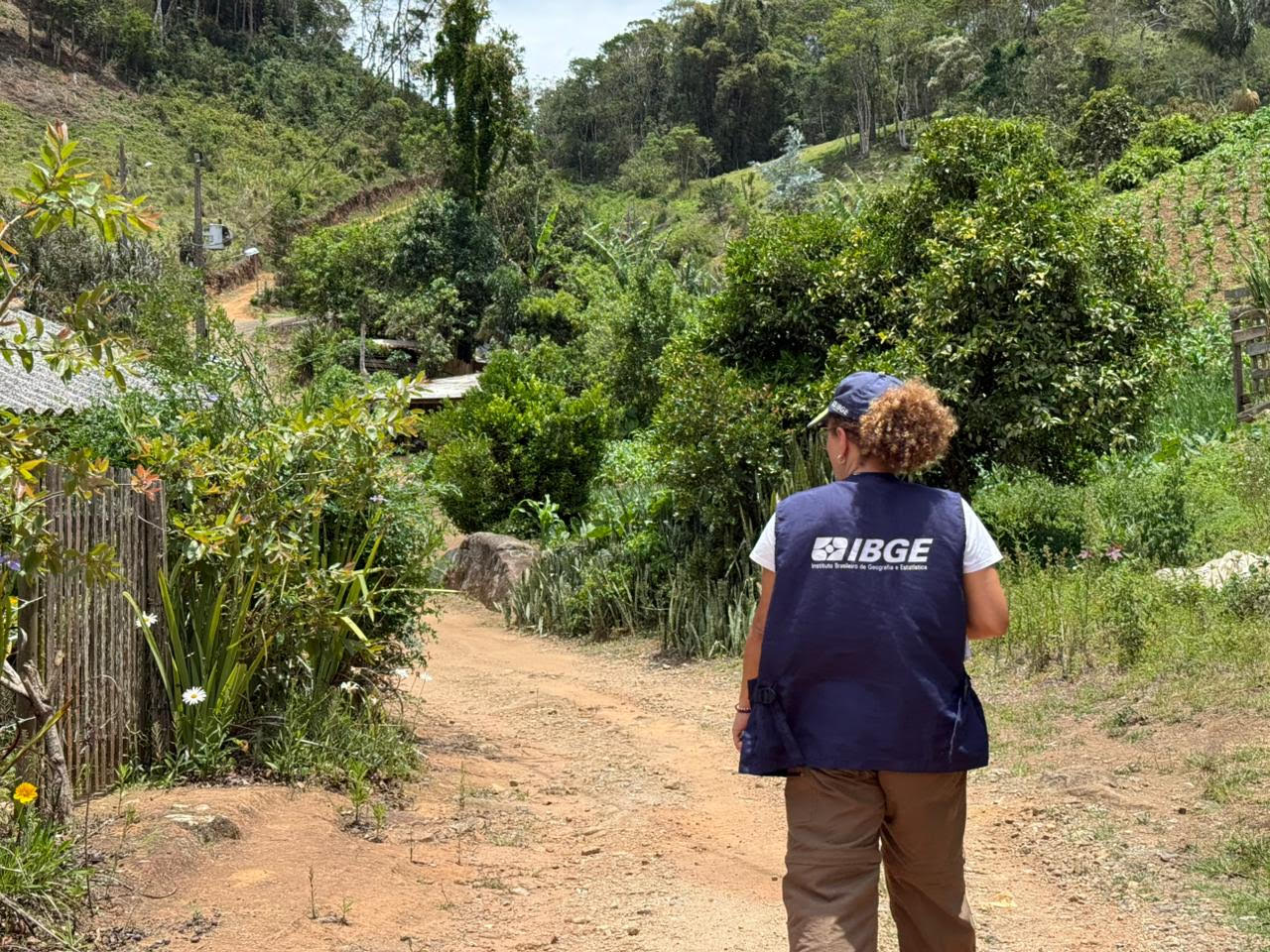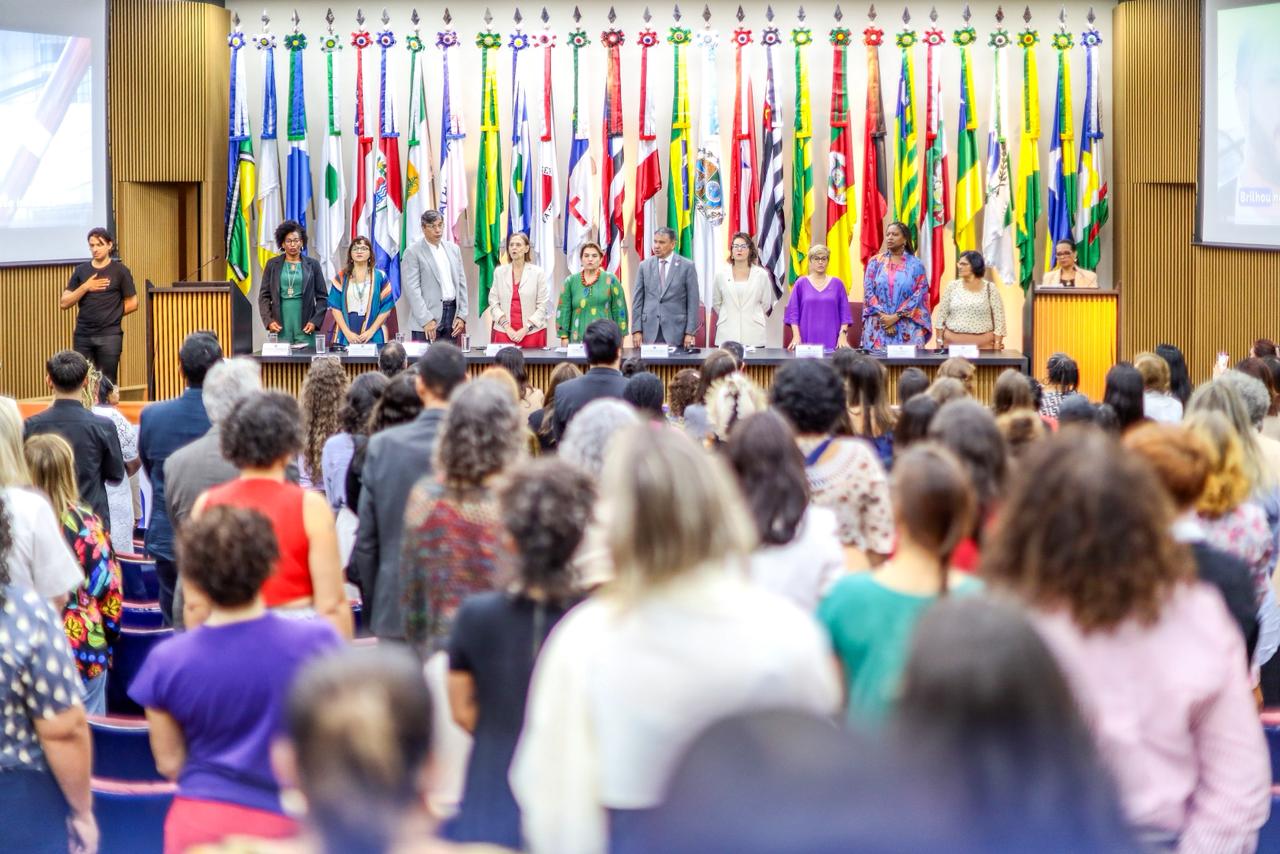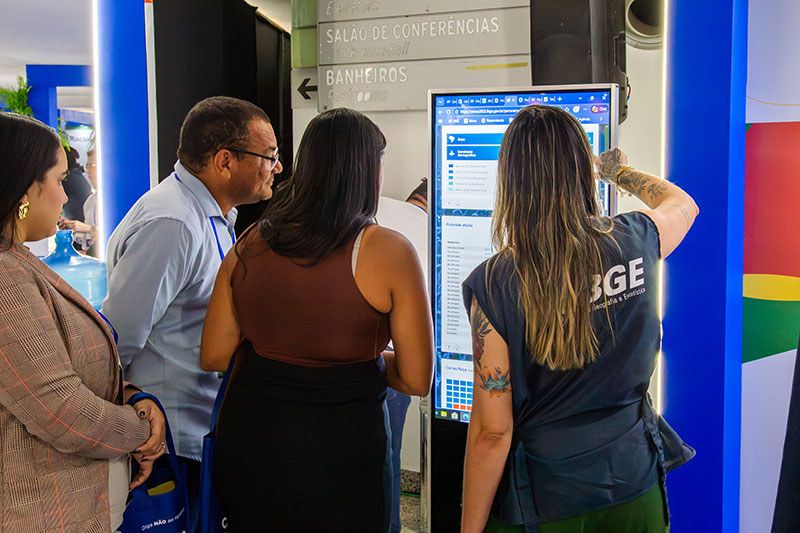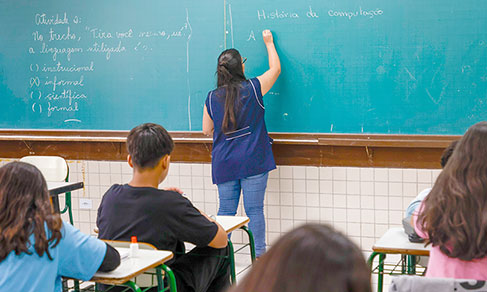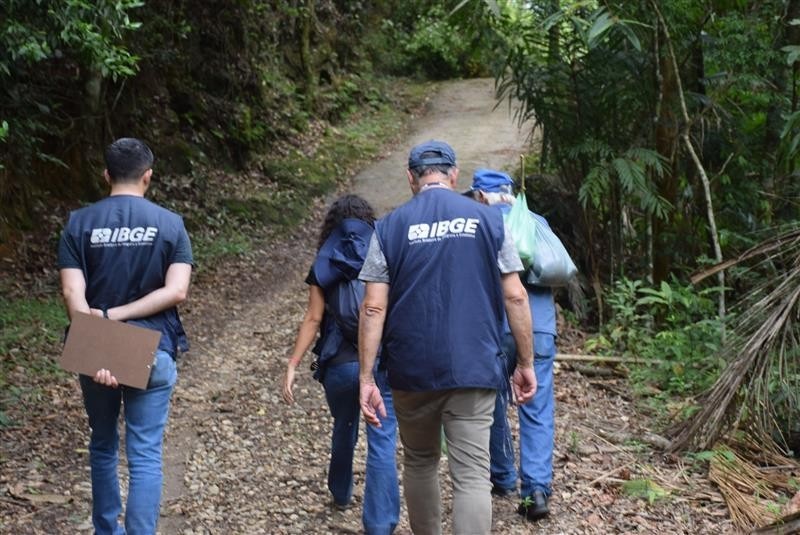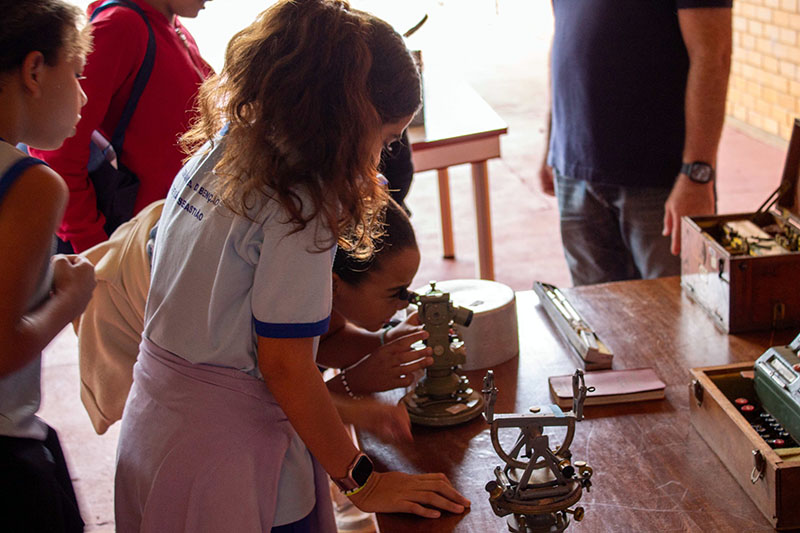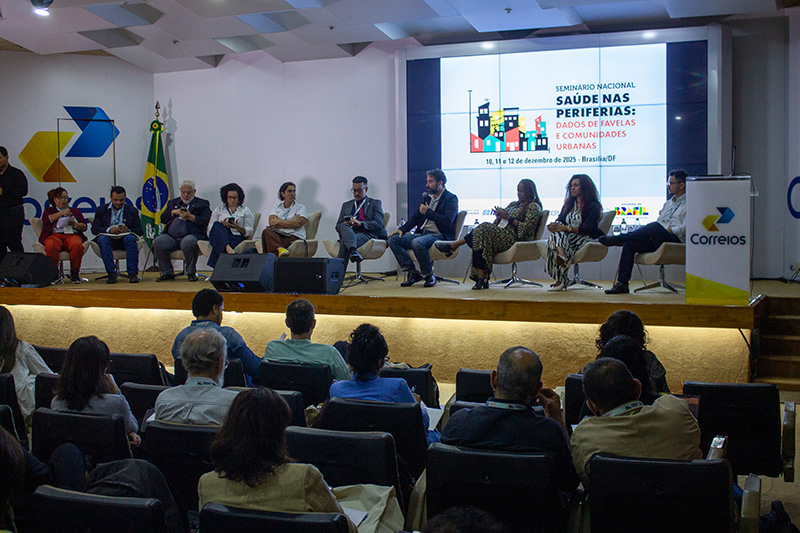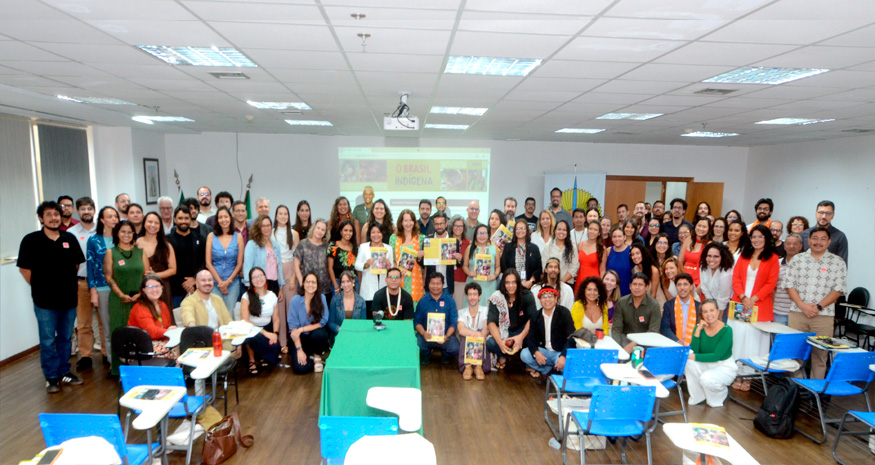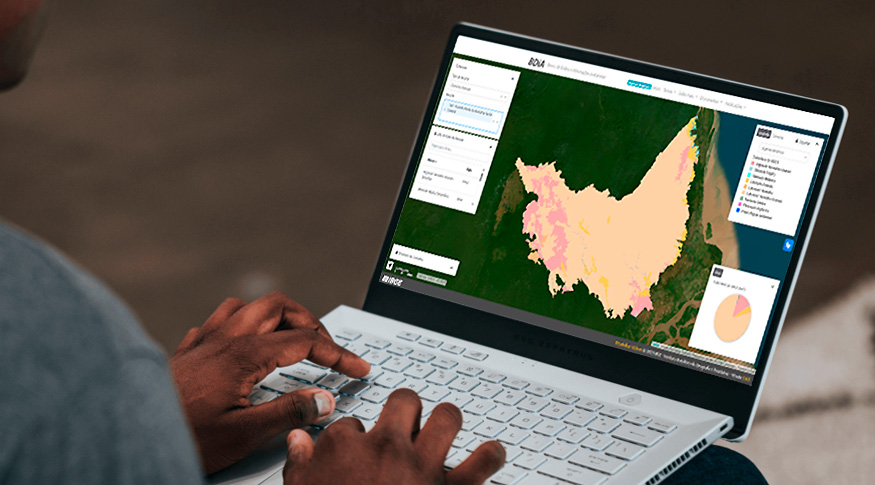SDG
IBGE discusses present and future of statistics in the world in the 55th Session of the UN Statistical Commission
March 05, 2024 03h00 PM | Last Updated: March 06, 2024 04h14 PM

Present and future of global statistics, regional integration, new environmental indicators and the resumption of the international protagonism of the Brazilian Institute of Geography and Statistics (IBGE) were the highlights of the Brazilian participation in the 55th Session of the United Nations Statistical Commission (UN), held in New York, United States of America, and closed on Friday 1st, with the participation of national statistical offices from 180 countries of the UN system, 52 international agencies and non-governmental organizations and more than 30 side events along five days of activities.
Represented in the event by Marcio Pochmann, President, the IBGE also counted with a mission comprising Elizabeth Belo Hypólito, Director of Surveys, Andrea Diniz da Silva, Manager of the Surveys Center of the National School of Statistical Sciences, and Claudio Stenner, Officer of the Directorate of Geosciences. Along the event, the IBGE mission took part in 32 ordinary sessions and eight side events, two of them organized and coordinated by the IBGE, as well as in 11 bilateral meetings.
By articulating national statistical offices, especially among Latin American and Caribbean countries, the IBGE participated in the 55th Session of the UN Statistical Commission in the definitions of data governance and statistics of global use, leveraged by the effort to build and consolidate its National System of Geosciences, Statistics and Data (Singed).
Likewise, the UN announced the integration of a full set of data produced by institutions that comply with the United Nations system, like UNICEF, the UNDP and the World Bank, among others, aiming at providing the world with the best information and indicators for the assessment, management and development of public policies.

The IBGE had a key participation in the workgroup for the establishment of a common methodology for the harmonization and pairing of data from different sources, as well as for the production of new statistical classifications and analyses of data activities.
Climate change and new environmental indicators
The insufficiency of the current measures of mitigation of the effects of the climate change and the lack of suitable indicators to subsidize public policies towards this end now face a solid and sophisticated supply of statistical measures and indicators to be built by the joining of efforts of multiple institutions under the protagonism of the IBGE.
The IBGE organized a side event to discuss the “Environmental and climate change indicators: a common approach using innovative methods and alternative data sources” project, supported by the Inter-American Development Bank (IADB), under the Regional Public Goods initiative, and by the UN Economic Commission for Latin America and the Caribbean (ECLAC). Representatives from national statistical offices of Argentina, Brazil, Chile, Costa Rica, Mexico, Peru and Dominican Republic took part in the meeting, as well as representatives from the IADB, ECLAC, UN Statistics Division, UNICEF, International Monetary Fund and the Brazilian Mission to the UN.
The project will be led by the IBGE, representing Brazil, and will count with the participation of 11 countries from Latin America and the Caribbean. The goal of the project is the production of a new level of environmental indicators to support urgent and required measures to face climate changes in the world.
New technical cooperation agreements
In the scope of the resumption of the protagonism of the IBGE in the discussions, improvement and propositions of new methodologies and statistical indicators on the planet, the IBGE accomplished a number of bilateral meetings to discuss partnerships with international organizations and statistical offices from countries like Mexico, Portugal, Arab Emirates and Russia, as well as with different global organizations.
In a meeting with the Global Partnership for Sustainable Development Data, the IBGE discussed a cooperation to carry out activities that help to strengthen the Brazilian national statistical system. The cooperation should begin with a side activity to the ministerial meeting that will deal with the environmental subject, that will take place in Brazil still this year.
The meeting with the Arab Emirates Statistical Office discussed the follow-up of the partnership between the Regional Hub for Big Data in Brazil and the Hub in the Arab Emirates, as well as the cooperation and exchange of information to carry out economic surveys and opinion polls.

A meeting with the Caribbean Community (CARICOM) discussed the IBGE support to the third International Inquiry on the Use of Big Data in Latin America and the Caribbean, carried out by the IBGE as part of a work plan of the UN Regional Hub for Big Data in Brazil, housed at the National School of Statistical Sciences (ENCE).
According to Marcio Pochmann, President of the IBGE, the participation of the IBGE and its mission in the 55th Session of the UN Statistical Commission resumes an important international protagonism of the IBGE in face of the urgent and strategic planning of the data governance and statistics in the future.
In all meetings, “the recognition of the importance of Brazil as well as of the IBGE as an institution of global reference in the scope of national and international statistics, as well as the opportunity of establishing new technical cooperation agreements. In this international recognition, Brazil stands out as one out of three nations in the world able to converge statistics and geosciences within a single institution,” says Pochmann.
“The active presence of the IBGE in the major forum for the global discussion on national statistics, leading meetings and establishing technical cooperation agreements with different countries, is quite positive in order to guarantee a system even more integrated and paired of the statistical data belonging to multiple dimensions of human knowledge,” concludes the president of the IBGE.
See this and other news on the participation of the IBGE in the 55th Session of the UN Statistical Commission on the Portal, News Agency and IBGE networks.





